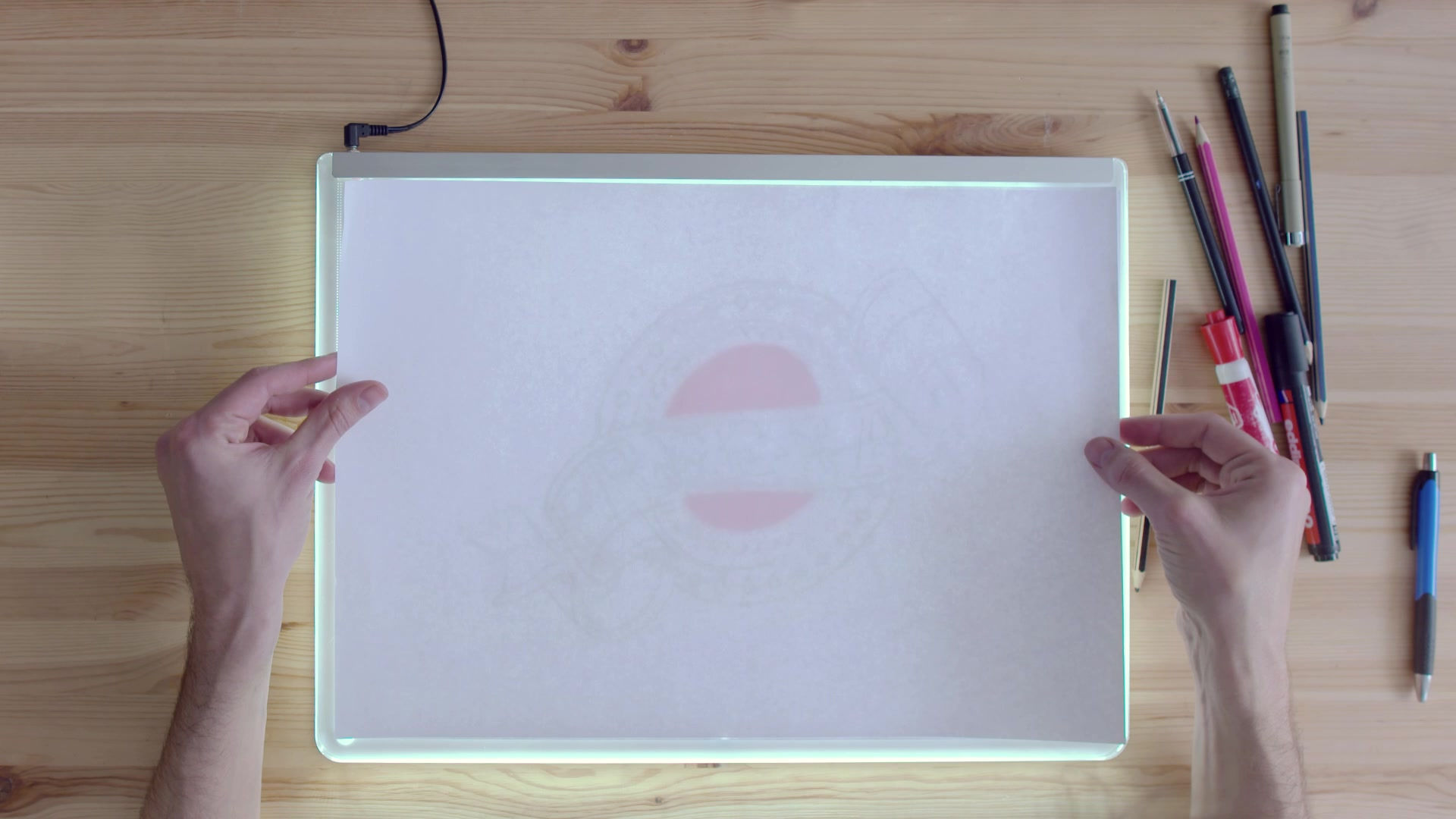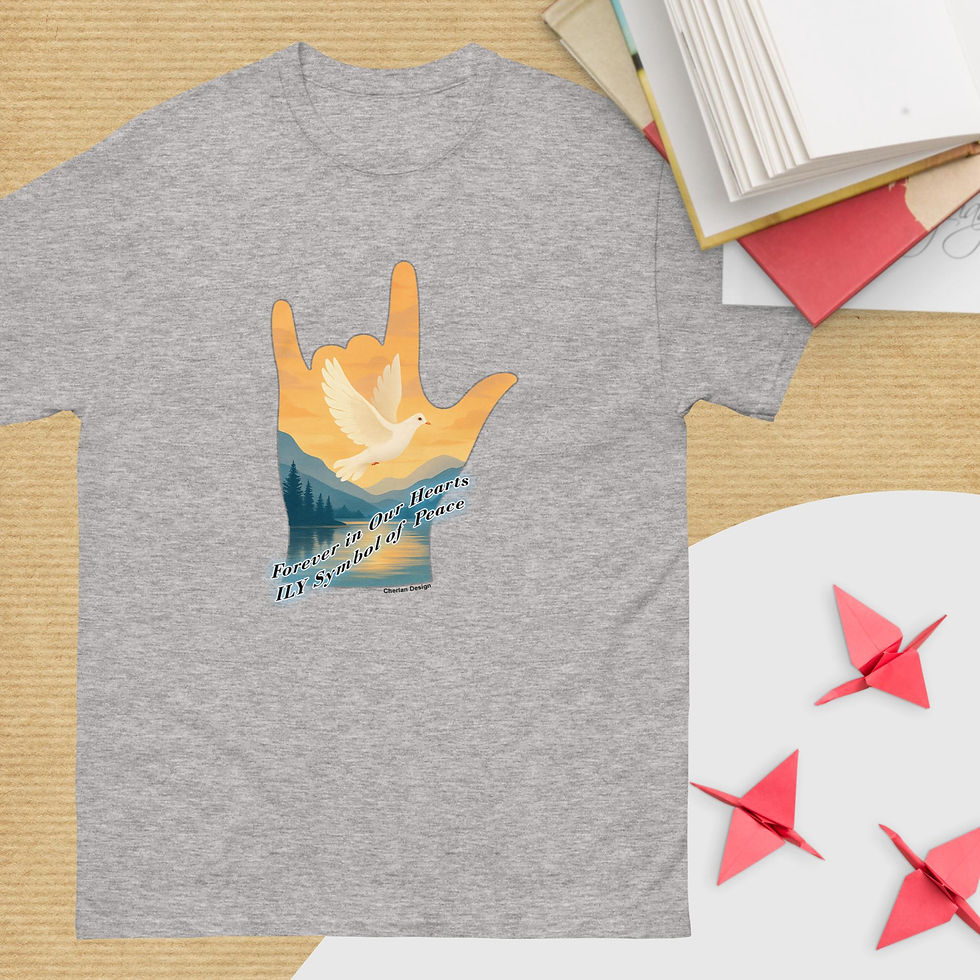Deaf People Conquer Mount Everest: Debunking Stereotypes and Celebrating Achievements
- Cheryll Atienza

- Jun 12, 2023
- 4 min read
Updated: Feb 6, 2025

In a world where assumptions and stereotypes often dictate our perceptions, it is essential to challenge preconceived notions and celebrate the remarkable achievements of individuals. Deaf people, in particular, face various misconceptions about their abilities and limitations. This article aims to shed light on the incredible feat of Deaf individuals who have successfully conquered the challenging hiking trails of Mount Everest. By highlighting their accomplishments, we can debunk the myth that Deaf people are unable to hike due to their hearing impairment. Let's explore how Deaf people overcome obstacles, communicate during emergencies, prioritize safety, and prove their resilience in the face of adversity.
Breaking Stereotypes: Deaf People's Hiking Prowess
Deaf individuals have time and again demonstrated their exceptional abilities in various fields, and hiking is no exception. Despite the popular belief that hiking requires the use of hearing senses for communication and situational awareness, Deaf people have proved otherwise. Their determination, passion, and strong sense of adventure have propelled them to challenge the limitations imposed by societal assumptions.
Communication Alternatives: Overcoming the Barrier
While spoken language plays a significant role in communication during emergencies on the hiking trails, Deaf people have developed alternative methods to overcome this barrier. Sign language, written communication, visual cues, and gestures enable Deaf hikers to convey vital information effectively. Additionally, advancements in technology have provided Deaf individuals with various communication tools, such as text messaging and video calls, allowing them to seek assistance when needed.
Visual Awareness: A Key Advantage
Contrary to popular belief, Deaf individuals possess heightened visual awareness, which can be advantageous during hiking challenges. By relying on their eyes to observe their surroundings more keenly, Deaf hikers can anticipate potential dangers, assess trail conditions, and navigate safely. This heightened visual acuity, combined with their determination and adaptability, enables Deaf individuals to conquer the rugged terrains of Mount Everest.
Preparedness: Safety Measures for Deaf Hikers
Safety should always be a top priority for any hiker, regardless of their hearing ability. Deaf individuals understand the importance of being prepared and equip themselves with the necessary safety measures. Carrying a well-stocked emergency kit, including first aid supplies, communication devices, and navigation tools, ensures that they are ready to handle unexpected situations. Moreover, Deaf hikers often educate themselves on mountaineering techniques and undergo rigorous training to enhance their skills and knowledge.
Inspirational Deaf Mountaineers: Celebrating Their Triumphs
The accomplishments of Deaf mountaineers who have reached the summit of Mount Everest stand as a testament to their unwavering determination and resilience. Notable figures such as Erik Weihenmayer and Suzanne Stevens have shattered barriers, inspiring the Deaf community and the world at large. Their achievements not only showcase the capabilities of Deaf individuals but also challenge societal misconceptions and foster inclusivity.
Trusting Deaf Hikers: Breaking Down Barriers
It is crucial for hearing individuals to trust the capabilities and skills of Deaf hikers instead of perpetuating stereotypes or spreading baseless judgments. By fostering an environment of trust and understanding, we can promote inclusivity and create opportunities for Deaf individuals to pursue their passion for hiking. By recognizing their achievements and supporting their endeavours, we can break down barriers and reshape perceptions.
The triumphs of Deaf individuals who have conquered the challenging trails of Mount Everest are a testament to the indomitable human spirit and the power of determination. Through their perseverance, Deaf hikers have debunked stereotypes, showcasing their ability to navigate the treacherous paths of Mount Everest. Their accomplishments highlight the fact that being Deaf does not limit one's potential for adventure and exploration.
Deaf hikers have overcome communication barriers by utilizing alternative methods such as sign language, written communication, and visual cues. They have adapted to their surroundings, relying on their heightened visual awareness to assess trail conditions and anticipate potential dangers. Furthermore, advancements in technology have provided Deaf individuals with communication tools that enable them to seek assistance during emergencies, ensuring their safety on the mountain.
The commitment to safety is paramount for Deaf hikers. They understand the importance of preparedness and equip themselves with well-stocked emergency kits, first aid supplies, and navigation tools. By undertaking mountaineering training and educating themselves on safety protocols, they enhance their skills and knowledge, minimizing risks while conquering the challenging terrains.
The achievements of Deaf mountaineers who have reached the summit of Mount Everest serve as an inspiration to the Deaf community and beyond. Figures like Erik Weihenmayer and Suzanne Stevens have shattered barriers, proving that the Deaf can excel in extreme outdoor activities. Their triumphs challenge societal misconceptions and encourage inclusivity by showcasing the capabilities and potential of Deaf individuals.
To break down barriers and promote trust, it is essential for hearing individuals to recognize and acknowledge the skills and abilities of Deaf hikers. Rather than perpetuating stereotypes or spreading baseless judgments, we should embrace the accomplishments of Deaf individuals and support their aspirations. By fostering an environment of trust and understanding, we create opportunities for Deaf individuals to pursue their passion for hiking and other outdoor activities, celebrating their achievements without prejudice.
In conclusion, Deaf people have successfully conquered the hiking challenges of Mount Everest, disproving the notion that their hearing impairment limits their capabilities. Through determination, communication alternatives, heightened visual awareness, preparedness, and inspirational achievements, Deaf hikers have proven that they are more than capable of undertaking demanding outdoor expeditions. It is time to challenge assumptions, break down barriers, and celebrate the remarkable accomplishments of Deaf individuals, fostering inclusivity and promoting a world where everyone's abilities are recognized and respected.




























































Comments